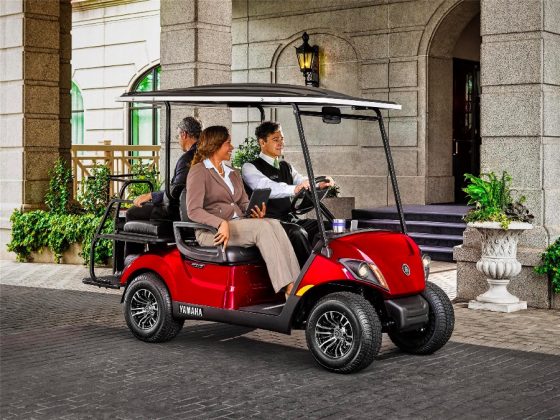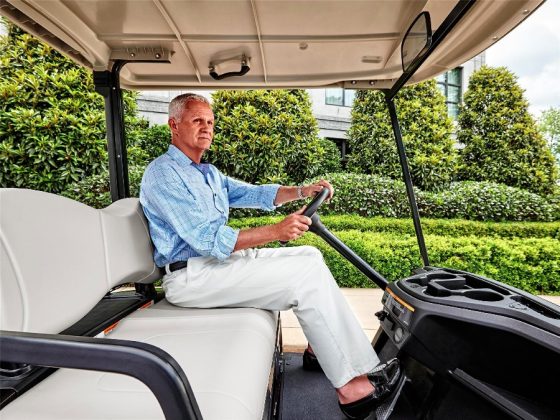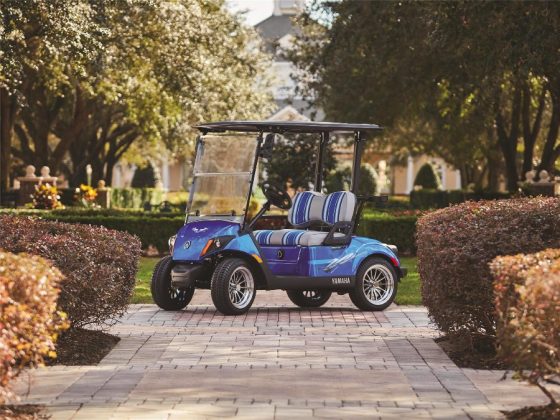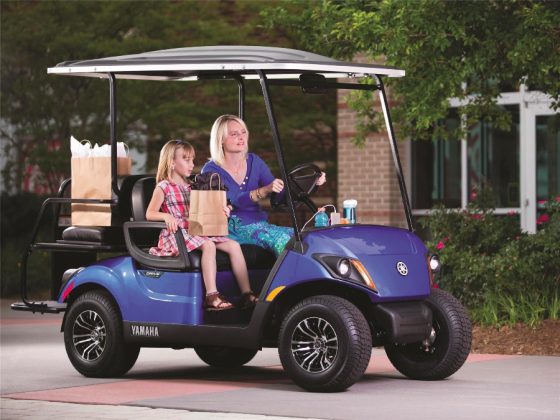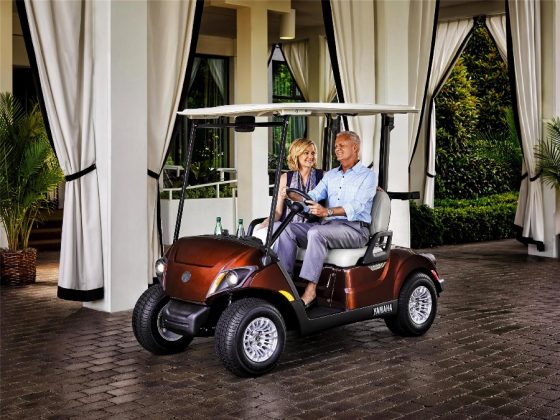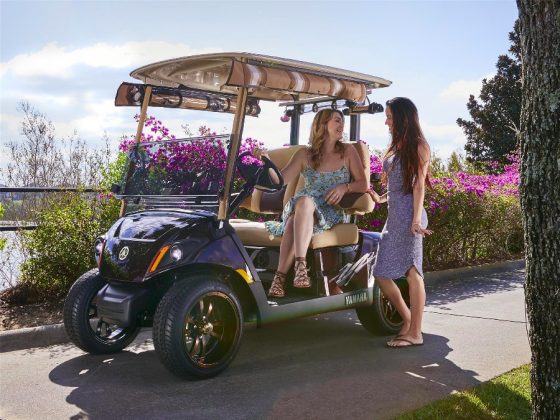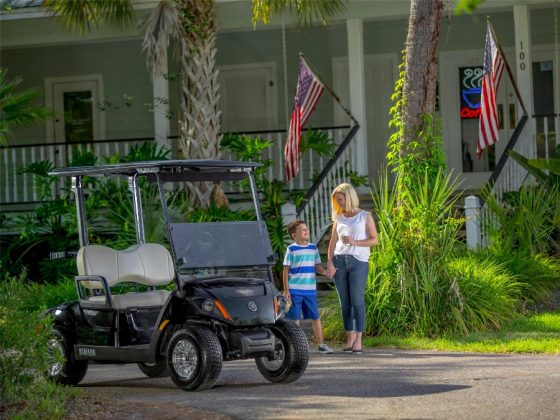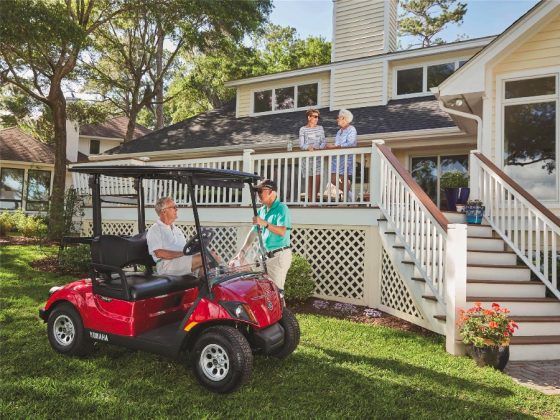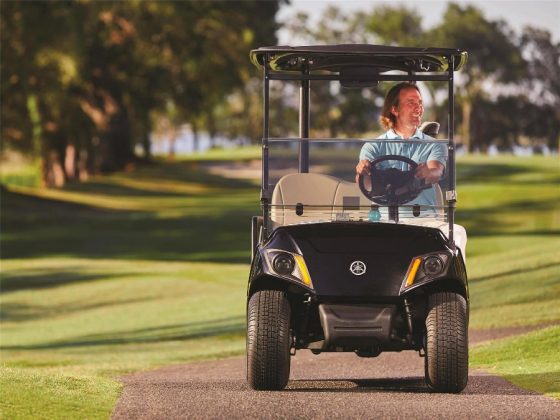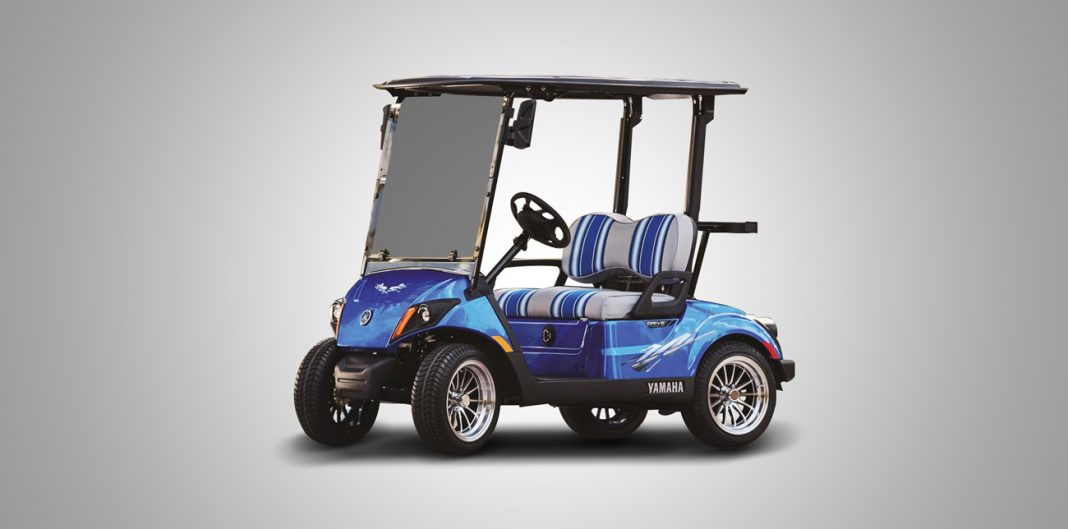
Advertisement
Key Highlights
Yamaha Drive2 Golf Cart Review
Since 1887, Yamaha has been a name of innovation and integrity. They have been providing customers products in a wide variety of industries from musical equipment to power sports equipment. They can be regarded as pioneers for the advancement of technology. Below, you will find numerous reviews from direct consumers that have first hand knowledge of owning electric and gas versions of this cart.
The first golf cart by Yamaha was introduced in the US market in 1978 well after the market had initially started. It was named the G1 and it worked via a 2-cycle gas engine. In 1979, Yamaha introduced their first electrical golf cart and from there the journey began.
The Yamaha Drive2 continues the long standing tradition of for Yamaha. They have introduced electronic fuel injection into their gas models. This has helped reduce the noise created by their gas engine significantly. Still, it is not as quiet as electric. Definitely an improvement overall though. Yamaha definitely leads the pack in the best performing gas golf carts by a decent margin. Club Car is not terribly too far behind though. A nice feature is their rain drain system that allows for water to filter through the struts. The alternative is for the water to stream off the back off the roof onto your bags.
In terms of suspension, the ride will vary. Tires can make a difference in the way it feels on the road. It is impossible to perfectly align the front end. At higher speeds, it can make unresponsive. Going back to tires, the higher the profile on the tires, the better ride you will experience. With the Drive2 unit, the standard tires are 8” and do not provide a whole of added comfort to the ride.
Yamaha Electric Golf Cart Reviews
On the electric golf cart side, Yamaha has a solid system even though they primarily specialize in gas. They are experts in engine building and not electrical components. They have developed an AC Motor system that utilizes a 5 Kwh motor which is larger than what E-Z-GO and Club Car are using giving it a great ability to climb very steep hills and provide a little extra get up and go off the line with a higher top speed of 19 MPH. This is an improvement over the Yamaha Drive Fleet version which utilizes a 2.6 Kwh motor. Other than the motor size difference between the electric models, they are predominately the same unit.
If living in a small gated community, the electric Yamaha Drive Personal is a good fit and is limited on its overall range. If intended to be used in communities that offer great distances that can be travelled, then it may be wise to take a look at the gas version of the Yamaha and not worry about range.
The one downside of a Yamaha golf carts in comparison to an E-Z-GO is there limitations on color offerings from the Manufacturer. Not to worry though as most dealers offer custom paint jobs if that is something you are looking for.









